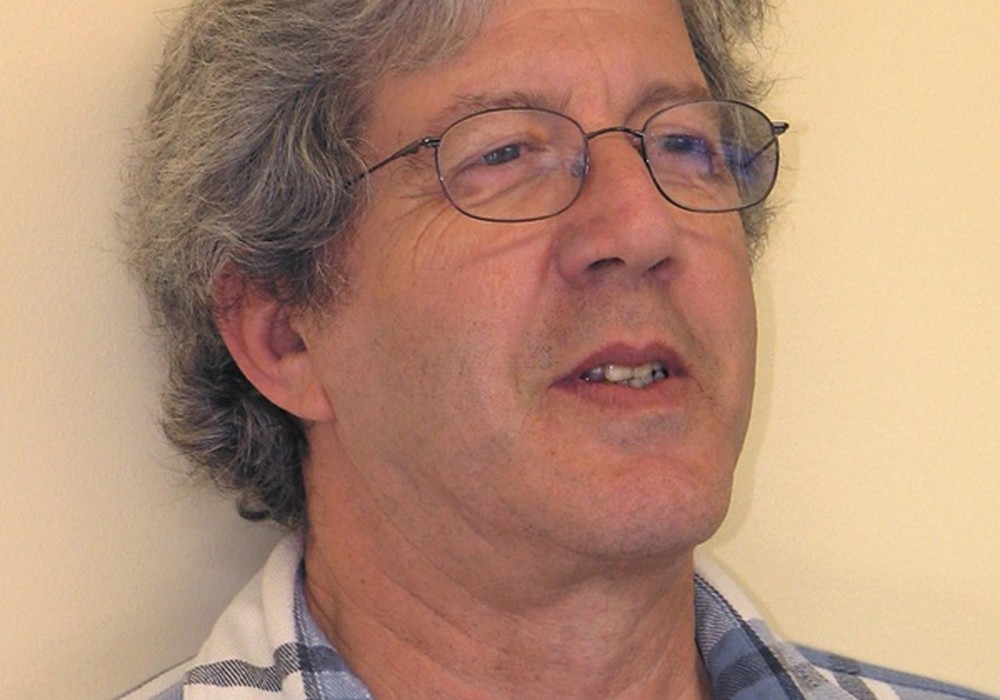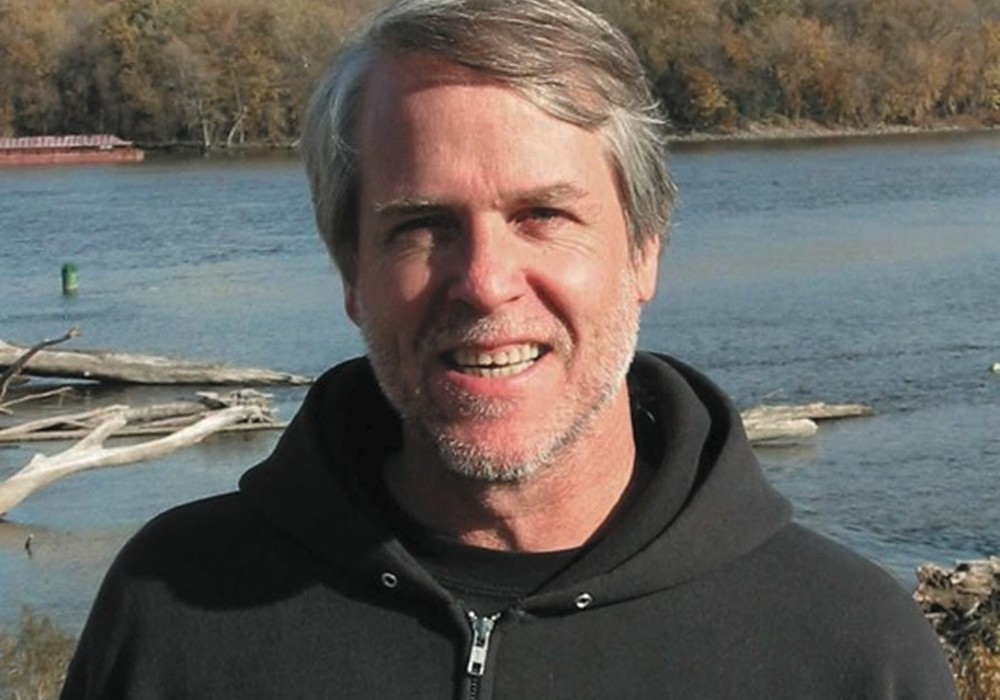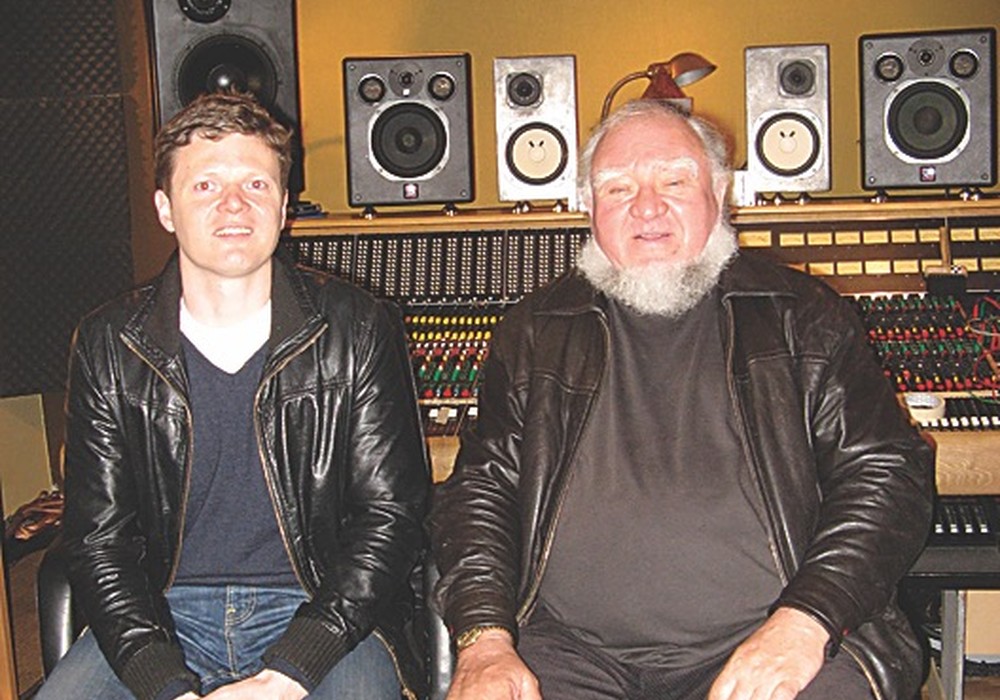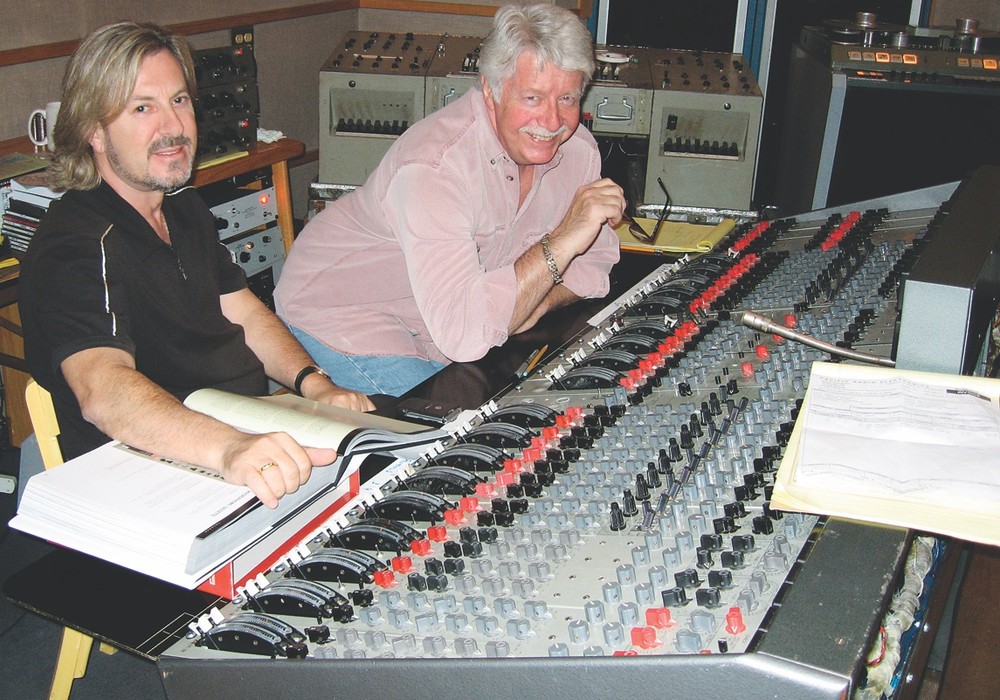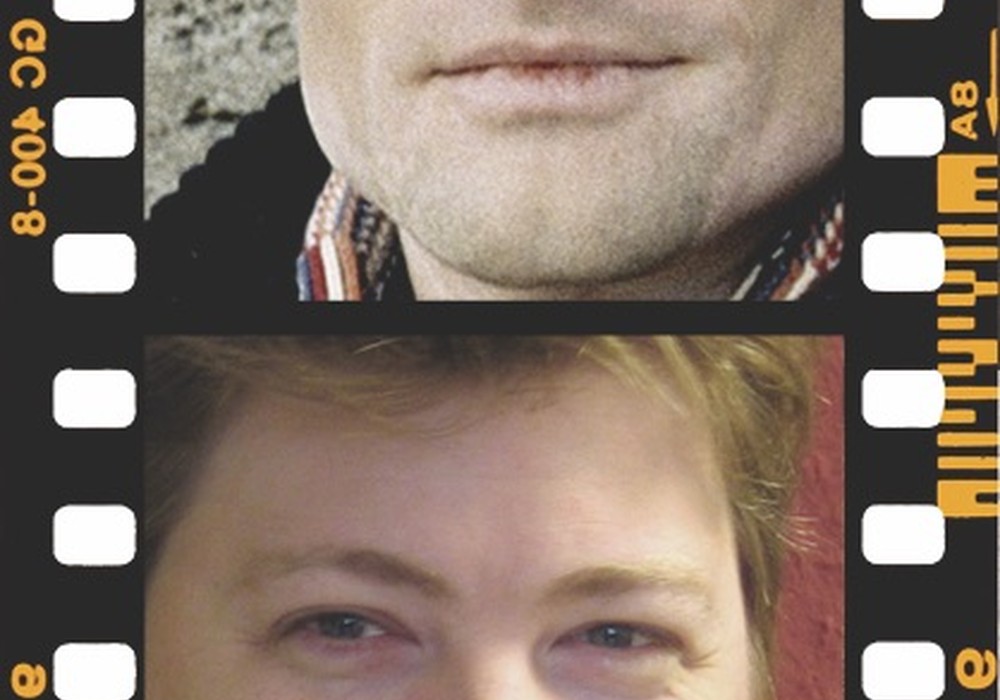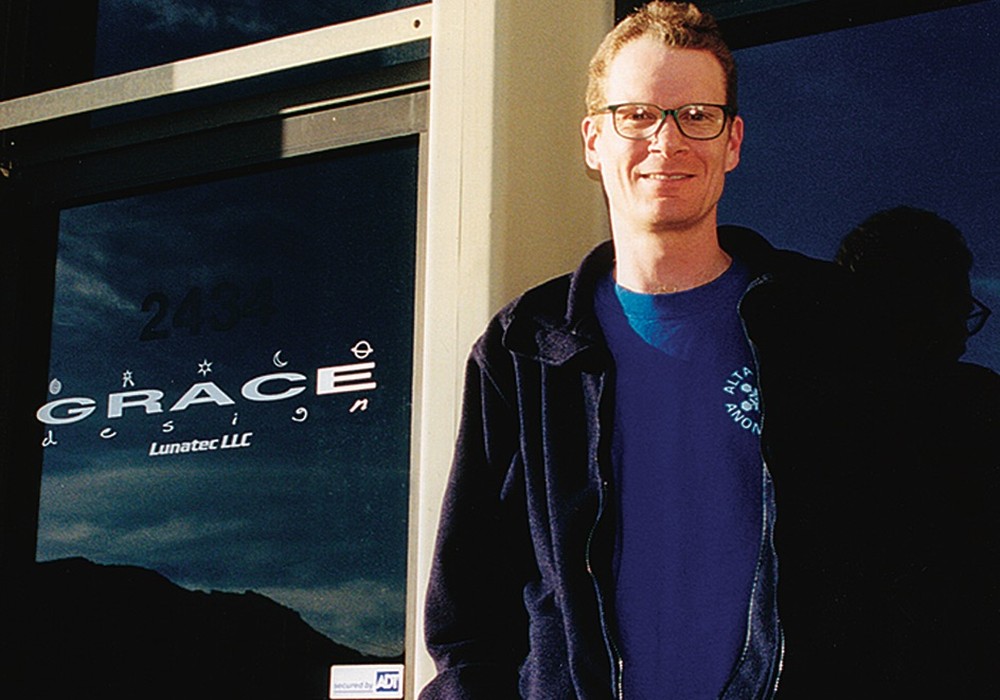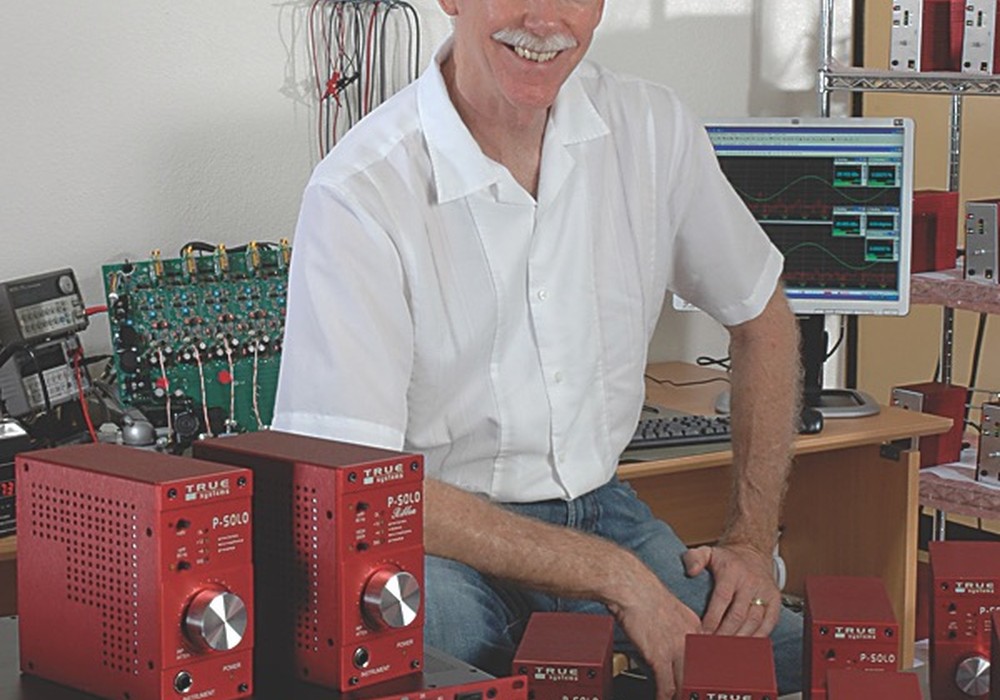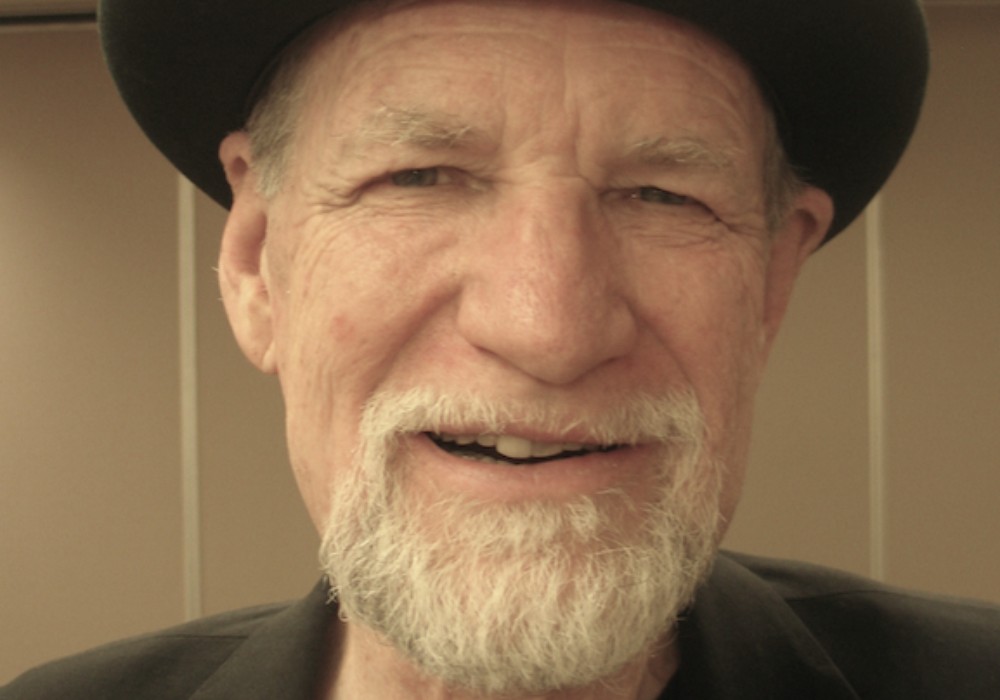Wade Goeke is the man behind Chandler Limited, a boutique gear firm intent on taking the legendary designs of Rupert Neve and Abbey Road and updating them for present day studio use and abuse. Wade talks about how his quest for the ultimate in gear design took him from Los Angeles to Abbey Road and back to his home state of Iowa, where the company is currently located.
You started out working for fellow Neve channel guru Brent Averill. How long did that last?
I think it was a year and a half or so I worked there and kind of ran the shop. You know, did repairs and testing and all that. I guess a funny story how I got my job there is I bought some parts from Brent 'cause I was building Neve modules from scratch, basically as a project for myself 'cause I couldn't afford to buy any, you know? [chuckles] So I got some parts from him and later on when I finished up, I think I made three or four finally when I found enough parts, and I brought one in and showed him and I said, "Hey, uh, this is what I made from that stuff I got from you." He was like, "See, I should hire you." And I was like, "Yeah, you should!" I was working in studios assisting at the time, and I had a bit of a technical background and was always a tinkerer and all that kind of stuff. It was a really nice opportunity to get my hands in a lot of junk, you know? Brent's a real good guy and always treats me real well, so I did that. I always had this drive to kind of do things on my own and make gear and it just kinda worked out to go out on my own and start doing this and thought it'd be fun — I could sell a couple units a month and I'd be able to get by. It just really all started from there. So, I guess I kind of have a bit of a background as a musician and engineer, and assisting and all that kind of stuff. I think what we do now is just kind of a combination of a bit technical and a bit music-wise.
You were originally based in L.A.?
Yeah. I'm from Iowa originally and then I moved out there right after high school and was playing in bands and started working in studios and tearing equipment apart, you know all that stuff kind of simultaneously. So I don't actually have a technical background. Kind of like, I guess Rupert says he has a degree of life, or whatever he said. [chuckles] Sometimes I think it's an advantage. Obviously there are both advantages and disadvantages. The thing I see as an advantage is that I look at it from a user perspective as opposed to someone sitting in front of an oscilloscope or Audio Precision, you know? I actually go home with my favorite Martin acoustic guitar and record a song that I have written with the equipment. Two different approaches.
Yeah, if you're not constrained by a head full of electronic theory you'd be more apt to go places that you didn't think were possible when you have ideas that are theoretically unattainable.
Right. It's funny that you say that because when I was building Neve modules, for example, those early ones that I was telling you about, I knew a well- known technical guy in LA and he was basically just like, "Oh you can't do that... it'll never work." I'm completely the opposite of that. I say, "You know, I can do this," and I figure out a way to do it. I don't stop and think, "Oh, they don't make that part anymore, I can't make this unit." Just exactly like what you were saying, I think. It's a whole different perspective and one I'm really glad for. Sometimes I do wish I had more technical knowledge, but that's stuff I've learned in the years I've been doing it. But I'm always glad that I have that other perspective.
That's how it is, you'll probably agree, sometimes when you're writing or playing music there's that "what the fuck?" surprise element.
Oh yeah, exactly. It's like the less you think about it, the better you do.
So what is it about the Neve stuff that is so good and magical that makes people like you get into replicating it?
I think there's a bit of a voodoo thing. Some things about the Neve, I mean obviously the design of the amplifier, like the output stage and the combination of that with voltage on the transformer like it is on the output. That stuff obviously lends to the sound. And I think it's gotta be a major part of the sound, the input transformers as well, because other than that the circuit is just — it's a Baxandall tone control circuit, which you may have heard of. It's basically a tone control on a stereo.
When you decided to build your "TG" gear, did you have to license anything from EMI?
Yeah. We actually have a whole agreement now with them. The first two units I did on my own, at the same time I was putting those out Abby Road had been thinking, "Jeez, we've got all this stuff that people seem to really be liking nowadays. We should be doing something with it." And I think they had started looking for an engineer to do it and were having trouble finding someone. And so my gear ended up over there and they actually got to see it and they liked it and their engineers thought it was done well and authentic. We actually worked out a bargain where I give them a royalty but I also have access to their full archive of technical information and to their pile of equipment. If I need to have some units to develop from, I can get them.
Wow!
Also [access to] their engineering staff, who are used to using the equipment, and access to their technical staff as well. So it's really turned into kind of a big, crazy dream. I got to go over to Abbey Road and go to their vaults and look through boxes and boxes of the old design information for all the TG equipment. Mike Batchelor was the main designer of the TG equipment and he had like 10 or 12 boxes of scribbles of the old amplifier drawings and things and how they evolved. I got to see everything. It's like they opened up the Ark of the Covenant and I got to take copies of whatever I wanted.
Aren't you supposed to melt now or something?
Yeah, definitely and lightning is gonna shoot out. So I got to go through there, and for development's sake, take whatever I thought was applicable. Take copies of it. And this was once we had a full agreement in place, so that there's no funny business going on. We're using all that to develop new products. The first thing, we had the channel that came out and then the rack mixer based on the old TG mixers, and we're working on a sidecar mixer, like a smaller kind of portable desk. We'll have probably five or six more hardware pieces in the next few years that we'll be putting out, all of it done with the original design criteria and notes. The artwork on our circuit boards is verbatim copies of the old boards. No trace has been changed. The component placement — they all sit in the same spot. So it's extremely authentic equipment. I think that's probably why Abbey Road wanted to work with me in the first place 'cause they saw how kind of weird I got with it. [laughs]
What a great opportunity that fell into your lap.
Yeah. It's just one of those things where you could never say, "Hey I'm gonna make this happen." Or maybe not even ever think about making it happen, you know? And it just happened and it's a miracle. Never in my wildest dreams would I have thought I'd be sitting at Abbey Road digging through their piles of stuff... [laughs] Pretty cool.
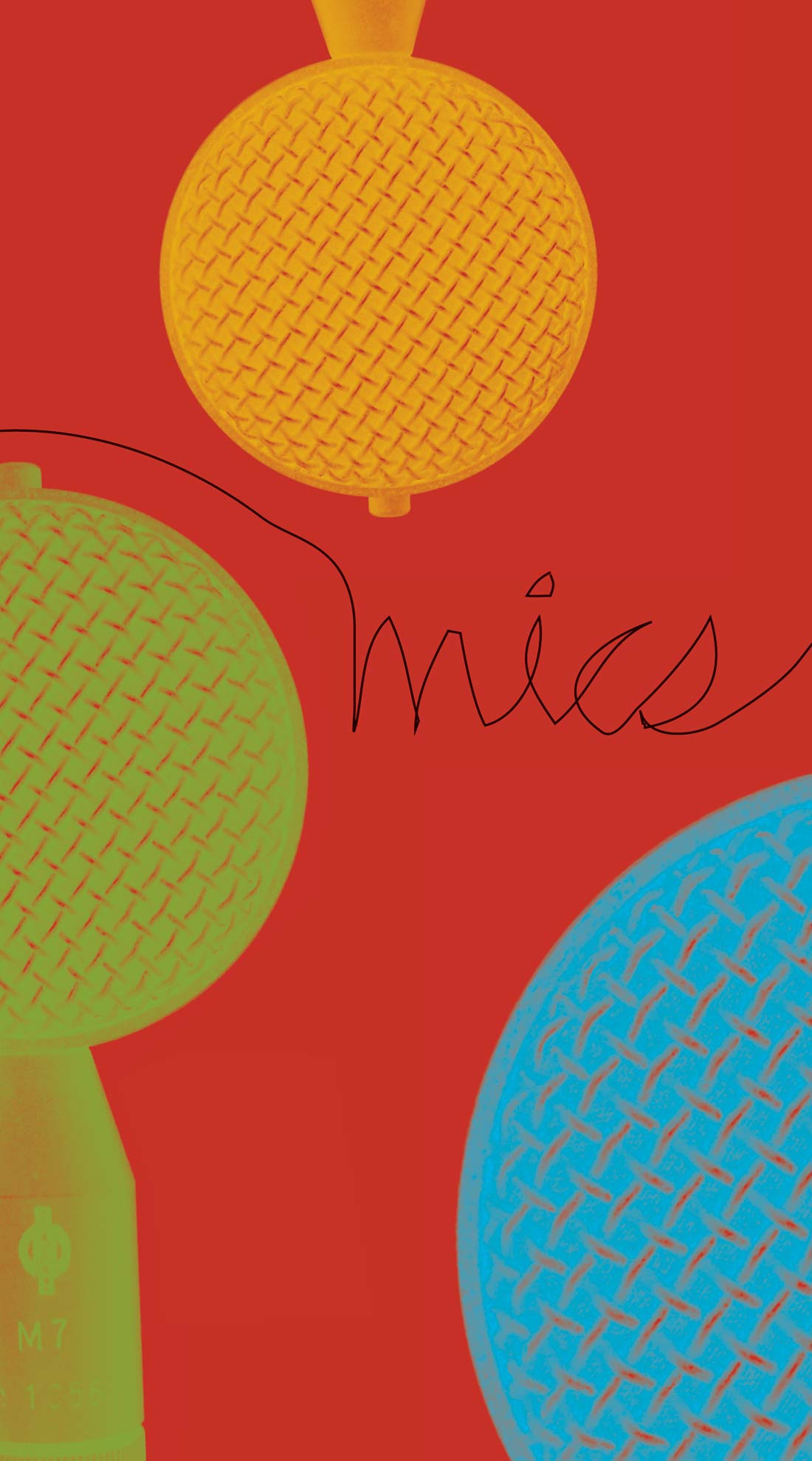

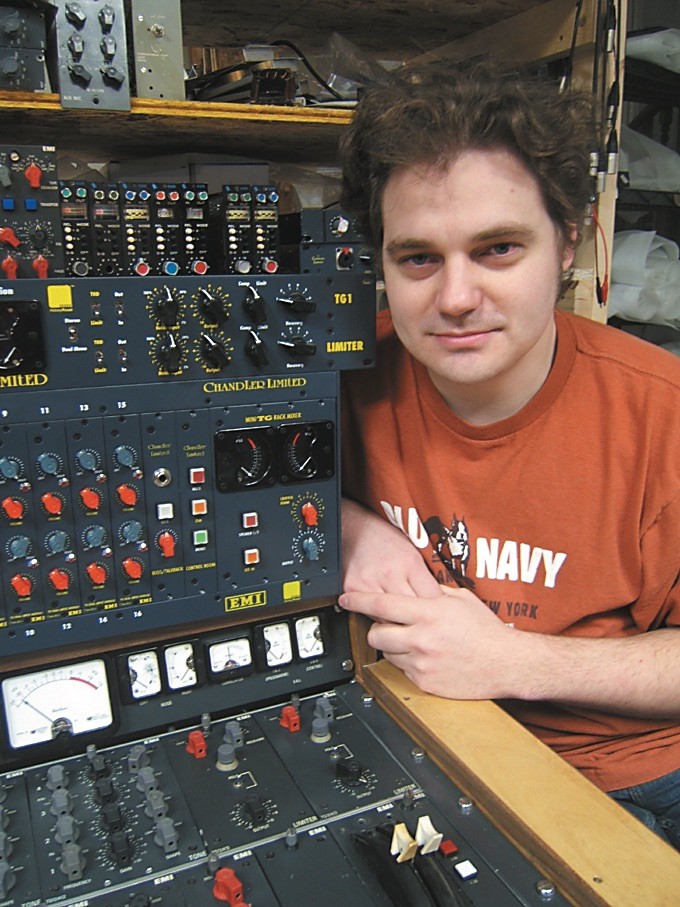
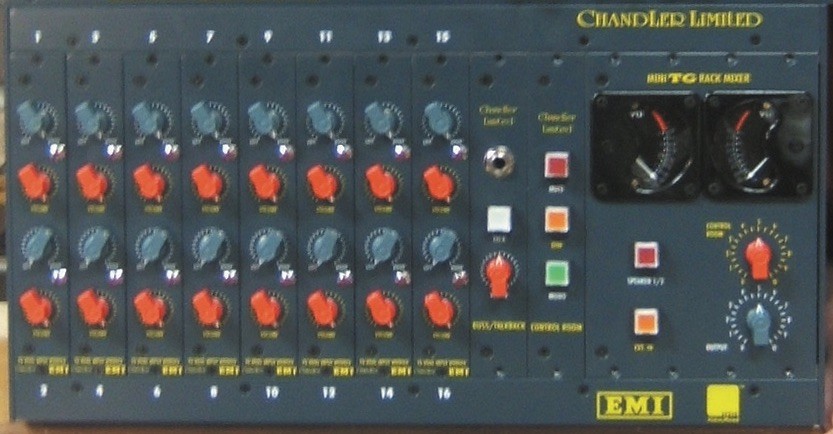


_disp_horizontal_bw.jpg)
